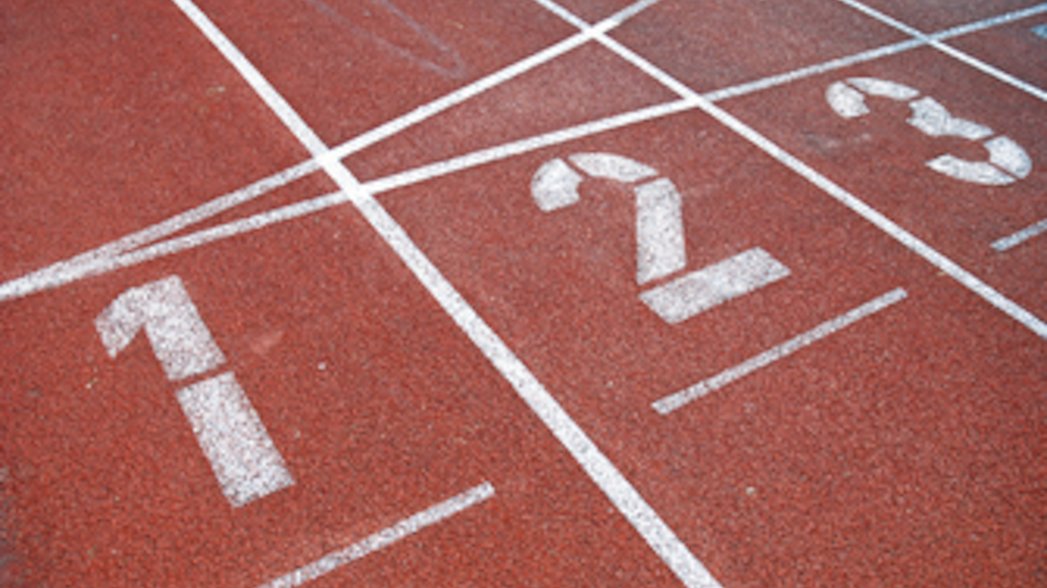Sports studies
The degree course in Sport and Sports Science is geared towards a future career as a sports teacher as well as sports-related professions, e.g. with organisations in recreational and health sports or in competitive sports, and in some cases also towards an academic career.

Overview of the academic discipline
In addition to practical and methodical training in the main sports (athletics, apparatus gymnastics, gymnastics / dance, swimming, ball sports, etc.), a sports degree programme focuses on the theoretical and scientific study of subjects such as pedagogy, didactics, psychology, medicine, sociology and history of sport, movement and training theory, sports facility construction, sports administration, journalism and law.
Which topics are included in the curriculum?
The Bachelor's degree programme includes modules such as didactic and methodological basics of movement types, sports games and sports, developing diagnostic skills, sports medicine (anatomical and physiological basics), training science, sports psychology/sports sociology, sport and movement in the educational process, sports law and administration, sport and media.
In the Master's degree programme, a profile is formed through topic-oriented specialisation and focus in areas such as: Recreational and health sports, competitive and competitive sports, prevention and rehabilitation, sports for adults and senior citizens, outdoor sports and sports tourism, sports economics and management, media and communication.
What are the requirements?
In-depth knowledge of the school subjects of sport, biology, chemistry, maths and English is a good prerequisite for a successful degree in sport.
If you want to study sport, you usually have to present a health certificate. Most universities also carry out an entrance examination as proof of athletic ability.
What study programmes are there to choose from?
The field of sport primarily comprises the degree programmes in Health Sports and Sports Science. However, the subject can also be studied as part of a teacher training programme. In this case, a second, scientific subject is usually required (see chapter 3.10 ‘Teaching Qualifications’) The degree programmes in the field of sports science cover the theory and practice of sports as well as sports science content (training theory, sports medicine, sports biology, sports education) on the one hand, and economic contexts (marketing, corporate accounting, organisation and human resources) and topics from the field of law (sports law, tax law in sport) on the other; see also ‘Tourism Economics, Sports and Event Management’.
What job opportunities are there after graduation?
Sports teachers and sports scientists mainly work in public and private schools as well as (employed or freelance) for sports associations and clubs, professional sports organisers, disabled sports, clinics and rehabilitation facilities, commercial leisure sports (tourism, tourism, fitness) and media companies.
